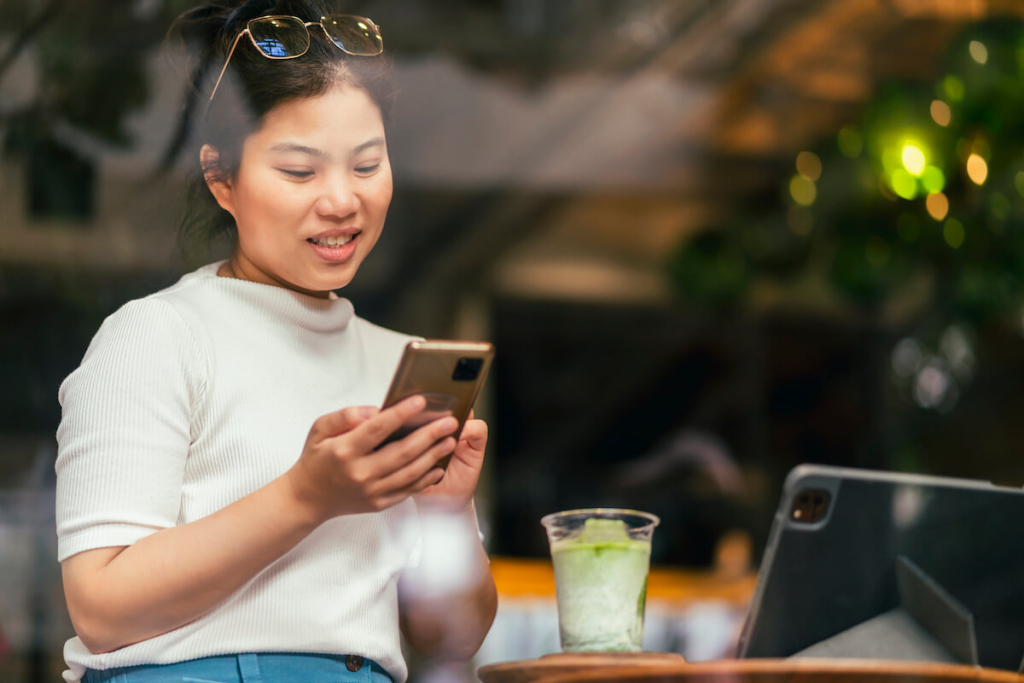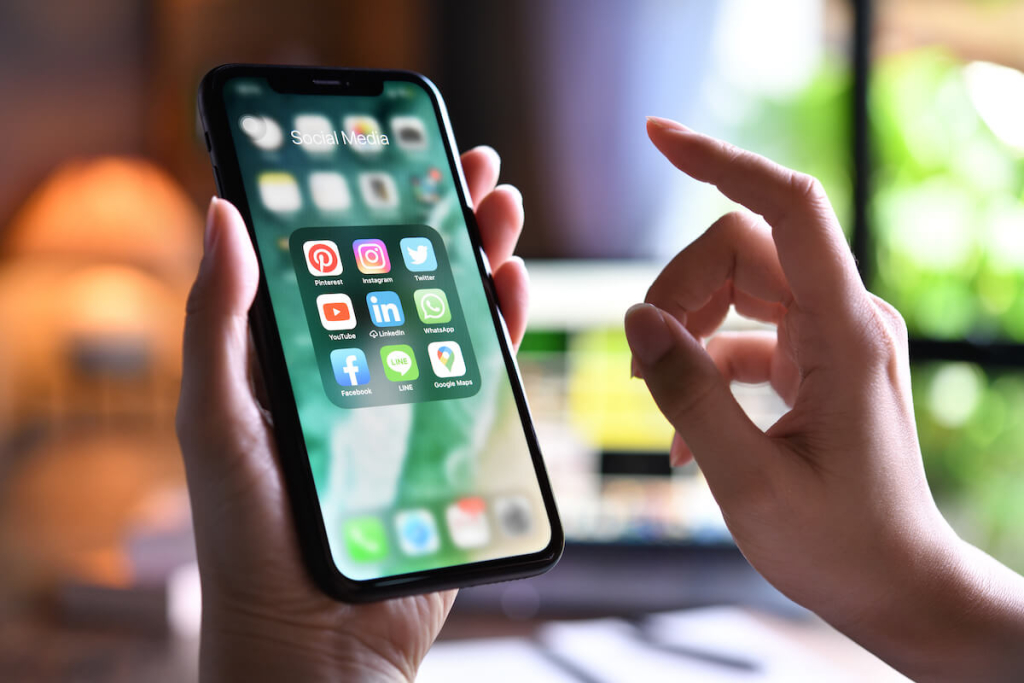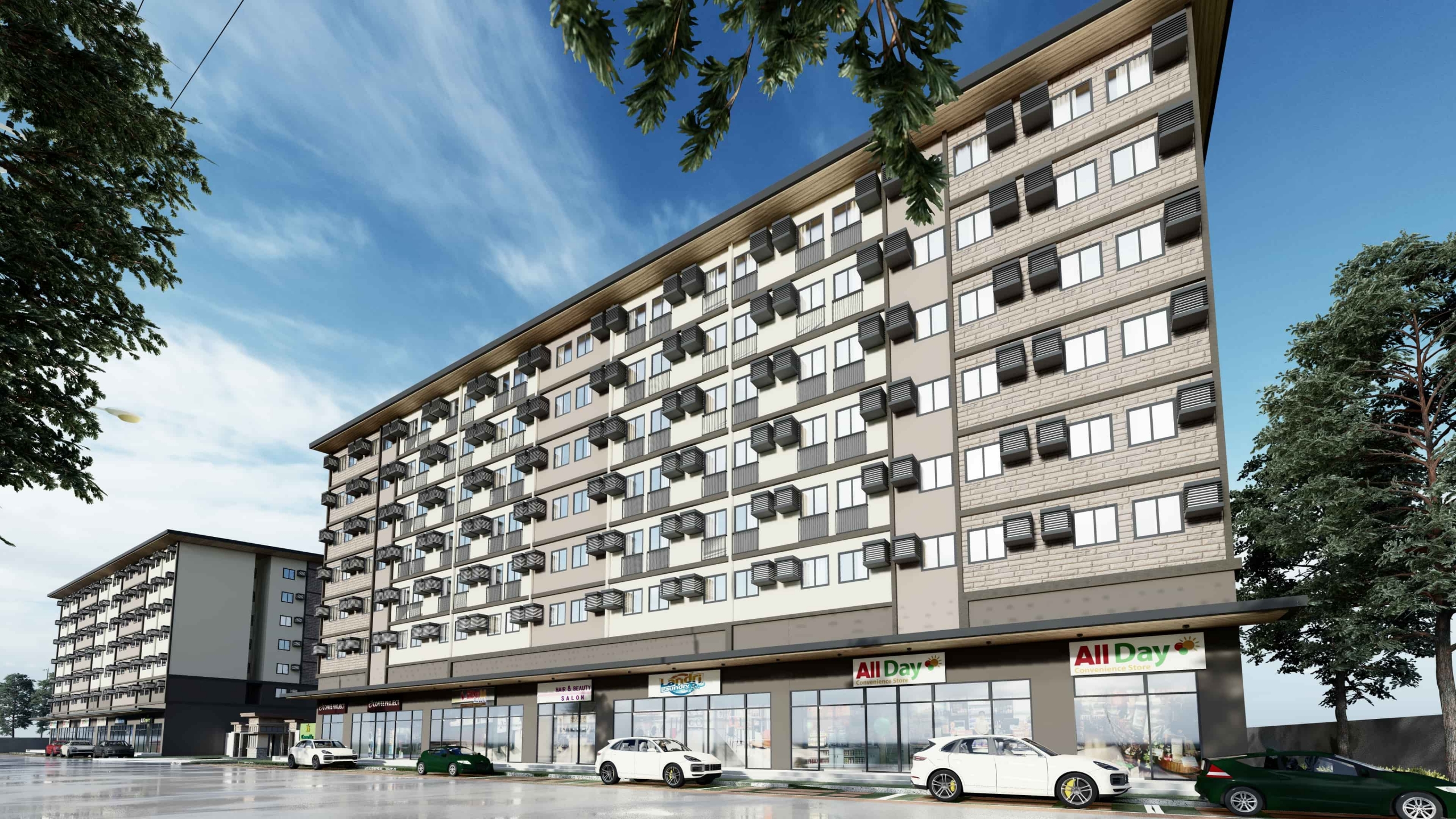
Introduction
We live in a world where technology is constantly growing and advancing, and social media is no exception. It’s no surprise that its effects on Filipinos have been far-reaching; from how people communicate to how they express themselves, it’s changing the way we do things at an astonishingly fast rate. But what exactly are the impacts of social media on Filipinos? How does it shape our behavior, values, and Filipino culture?
According to a recent study, Filipino adults are spending more time on any social media site than ever before, which peaked in 2022. But should this be a cause for concern? In this blog post, we will explore these questions in depth to understand just how powerful and influential social media is in Filipino society.
The Philippine Social Media Landscape in 2022
It is no secret that Filipinos love social media. A study by Statista showed that there are more than 84 million social media users in the Philippines as of January 2022—a number that is expected to grow to 86.24 million by 2023.
This heavy use of social media has led to some worry about the impact it may be having on Filipino society. However, there is no need to panic just yet. While it is true that social media can be used for negative purposes, it can also be used for good.
Social media can be a force for positive change in the Philippines. It can raise awareness about important issues, connect people with similar interests, and provide a platform for discussion and debate.
Philippines: A social media capital of the world
Filipinos are some of the most active social media users, spending an average of 4 hours on networking sites like Facebook and Twitter every day. That’s more time than any other nationality except for the Brazilians.
But it’s not just the quantity of time that Filipinos spend on social media that makes them stand out – it’s also the quality. In a study conducted by Socialbakers, a social media analytics company, the Philippines ranked first in the world for “engagement” on Facebook – meaning that Filipinos are more likely to comment, share, and like posts than users from any other country.
This high level of engagement is due in part to the fact that Filipinos use social media to connect with friends and family who live far away. With nearly 10 million Filipinos working overseas, this “long-distance communication” is vital to maintaining relationships.
But social media isn’t just used for personal reasons – it’s also playing an increasingly important role in politics and news. In 2010, when a typhoon struck the Philippines, Twitter was used extensively to coordinate relief efforts. And during last year’s elections, Facebook and Twitter were instrumental in organizing protests against corruption and vote-buying.
How social networking sites are used in the Philippines
In the Philippines, social media platforms are used for various purposes, including keeping up with current events, sharing news and information, connecting with friends and family, and networking.
- Current events
Social media networking sites such as Facebook and Twitter are used by Filipinos to stay up-to-date on current events. - News and information
Filipinos use social media sites to share news and information with friends and family. - Connecting with friends and family
Social media sites such as Facebook and WhatsApp are used by Filipinos to connect with friends and family. - Networking
Social networking sites such as LinkedIn are used by Filipinos for networking purposes.
The most popular social media platforms in the Philippines

The favored social networking sites in the Philippines are Facebook, YouTube, Twitter, and Instagram. All four different social media platforms are used by a majority of Filipinos and offer a variety of content that appeals to internet users.
Facebook is the most popular social media platform in the Philippines, with 79% of Filipinos using the platform. Facebook offers a variety of content, including news, entertainment, and communication with friends and family.
YouTube is the second most popular social media platform in the Philippines, with 73% of Filipinos using the platform. YouTube offers a wide range of videos including music videos, how-to videos, and vlogs.
Twitter is the third most popular social media platform in the Philippines, with 46% of Filipinos using the platform. Twitter offers internet users a way to stay up-to-date on current events, share their thoughts on current affairs, and connect with like-minded people.
Instagram is the fourth most popular social media platform in the Philippines with 41% of Filipinos using the platform. Instagram offers internet users a way to share photos and videos with friends and followers.
The impact of social media on Filipinos
In recent years, social media has become one of the most popular forms of communication for people all over the world. For Filipinos, social media is an important tool for staying connected with friends and family, sharing news and information, and expressing opinions and views.
However, social media also has its downside. In some cases, it can be a source of misinformation and fake news. It can also be addictive and lead to unhealthy behavior, such as spending too much time online or comparing oneself to others.
Despite its challenges, social media remains an important part of Filipino culture. It is a social media platform where people can connect with each other and share their lives.
The positive and negative effects of social media use in the Philippines
There is no doubt that social media has had a significant impact on the Philippines. On the positive side, social media has given Filipinos a platform to share their stories and connect with people from all over the world. It has also been a valuable tool for promoting democracy and free speech.
However, there are also negative aspects to social media use in the Philippines. Social media has been used to spread false information and hate speech, which can lead to division and violence. It has also been exploited by criminals and terrorists to plan and carry out attacks.
Some of its positive effects include:
- Increased connectivity
Social media has allowed Filipinos to connect in ways that were not possible before. This increased level of connectivity has helped create a sense of community, allowing individuals to share their opinions and experiences with their peers. - Access to information
Social media provides users with access to real-time news and updates from all around the world, which can be beneficial for staying informed and up-to-date on current events. - Improved communication
Social media platforms provide an efficient and easy way for individuals to communicate with each other, allowing for quick responses and efficient discussion about topics of interest. - Opportunities for self-expression
Social media gives people the ability to express themselves freely without fear of judgment or criticism from others, allowing them to share their thoughts, feelings, and ideas in a safe environment.
Some of its negative effects include
- Addiction
Social media can become addictive if users are not careful when using it, leading to unhealthy habits such as spending too much time online and neglecting important aspects of everyday life such as work or school. - Decreased productivity
With the availability of social media comes the risk of decreased productivity - Cyberbullying
Social media can be an outlet for cyberbullying, which can have serious emotional and psychological consequences on those affected by it. - Privacy risks
There are risks associated with sharing personal information online, such as identity theft or unwanted attention.
Overall, social media can be a powerful tool for Filipinos to connect and the world, but it is important to understand the potential risks and be aware of how to use it responsibly.
Social media has had an impact on Filipinos’ self-esteem
A study by the University of the Philippines found that social media has had a positive impact on Filipinos’ self-esteem. The study’s authors used a questionnaire to survey 1,500 Filipino adults and found that those who used social media were more likely to have higher self-esteem than those who didn’t use social media.
The study’s authors attribute this increase in self-esteem to the ability of social media to connect people with similar interests and experiences. Social media also allows users to share their thoughts and feelings with a large audience, which can lead to a sense of validation and belonging.
While the findings of this study are positive, it’s important to remember that social media is just one aspect of our lives. We should focus on maintaining healthy relationships with family and friends, pursuing our passions, and taking care of ourselves physically and mentally.
Social media usage had an impact on Filipinos’ sense of community
There is no doubt that social media has had a major impact on Filipinos’ sense of community. In the past, people would typically only interact with those in their immediate vicinity, but social media has made it possible to connect with people from all over the world. This has led to a more globalized sense of community, as people are now more aware of and connected to others outside of their traditional circles.
One of the most notable ways that social media has changed Filipinos’ sense of community is in the way that it has facilitated communication and collaboration. Before social media, communication was often limited to face-to-face interactions or communicating through letters or other forms of physical mail.
Social media platforms such as Facebook, Twitter, and Instagram have made it possible for people to communicate instantaneously with each other regardless of location. This has made it easier for people to connect and collaborate on projects, no matter where they are in the world.
Another way that social media has impacted Filipinos’ sense of community is by giving them a platform to share their culture with others. In the past, Filipinos would typically only share their culture with those who were physically present in their community. However, social media platforms like YouTube and Snapchat have made it possible for Filipinos to share their culture with a wider audience. This has led to a greater appreciation for Filipino culture globally, as well as a stronger sense of pride among Filipinos themselves.
Should You Be Worried About Filipinos Spending More Time on Social Media?
No, not necessarily. Social media can be a great way for Filipinos to stay connected with friends and family, as well as be used to access news and information. In moderation, social media can provide many benefits.
However, spending too much time on social media can lead to negative consequences such as poor sleep quality or decreased productivity. Therefore Filipinos need to take the time to evaluate how much time they are spending on social media and make sure their usage is balanced with other activities.
The future of social media in the Philippines
The Philippines is one of the most active countries on social media, with over 72 million Filipinos using various platforms such as Facebook, Twitter, and Instagram. In recent years, social media has become increasingly indispensable in the lives of Filipinos, providing a space for connection, communication, and self-expression.
As social media usage continues to grow in the Philippines, it is important to consider the implications of this trend. On the one hand, social media can be a positive force, connecting people from all corners of the country and fostering a sense of community. On the other hand, there are also potential risks associated with social media use, such as cyberbullying and online harassment.
Looking ahead, it is clear that social media will continue to play a significant role in Filipino society. As we move forward, it is important to be thoughtful about how we use these platforms and to be mindful of the potentially negative effects of social media. With responsible usage, we can harness the power of social media to connect with others and make our voices heard.
Conclusion
Social media has significantly changed the way Filipinos communicate, interact, and create content. It has become a powerful tool for connecting people and also for amplifying voices that have been silenced in traditional forms of communication. While there are several potential pitfalls associated with social media use, such as privacy concerns or distraction from real-world activities, it is undeniable that this platform can be used to positively influence society by promoting meaningful conversations between individuals and groups.
Ultimately, the key takeaway is to ensure responsible social media usage so that everyone may reap its benefits while avoiding any negative impacts on one’s mental health or well-being.

Check out our Condo for Sale Properties
Discover our condo for sale properties in the Philippines


